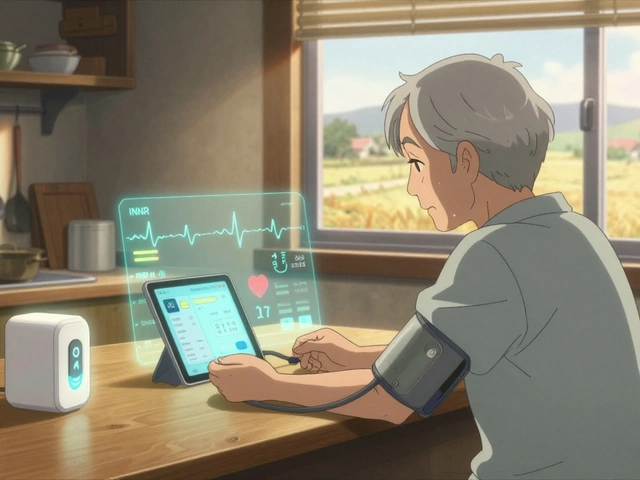Prevention: Simple, Practical Steps to Stay Healthy
Prevention isn’t complicated. Small habits you do every day cut the chance of infections, reduce medication mistakes, and keep skin and mood stable. Here are clear, usable steps you can start now.
Daily prevention habits that actually work
Wash hands for 20 seconds with soap and water, especially before eating and after being in public. That one move lowers common infections fast. Sleep 7–9 hours a night — poor sleep weakens your immune response. Move your body: 20–30 minutes of brisk walking most days helps blood sugar, mood, and heart health. Eat vegetables and some lean protein; this gives your immune system raw material to fight germs.
Limit alcohol and don’t smoke. Both interfere with healing and immune defenses. If stress is constant, try short breathing breaks, a walk, or talking with a friend — mental health keeps your body resilient.
Medication safety: avoid common pitfalls
Always follow prescriptions. Never stop antibiotics early unless your doctor says so — stopping too soon can let bacteria survive and become resistant. For ciprofloxacin, take it away from dairy, calcium supplements, and antacids; those block absorption. With any new drug, check interactions: combine medicines only after a quick check with your pharmacist or a trusted interaction checker.
Buying meds online? Buy from licensed pharmacies that require a prescription, show full contact info, and have clear return policies. Be wary of sites selling prescription drugs without a prescription or at unrealistically low prices. Check reviews from independent sources and confirm the pharmacy’s country and license.
Watch for side effects and keep a log. If a medicine causes sudden rash, breathing trouble, severe dizziness, or fainting, seek emergency care. For less urgent issues like new headaches or digestive upset, contact your prescriber — small changes can warn you before something gets worse.
Skin care matters for prevention too. Use a gentle, fragrance-free cleanser, pat skin dry, and apply a simple moisturizer while skin is still damp. Skip harsh scrubs and hot water if you get flare-ups. Do a patch test before trying new products, and avoid mixing active ingredients (like retinoids and exfoliating acids) without guidance.
Vaccines protect more than you think. Flu shots, COVID boosters when recommended, and routine vaccines for tetanus or shingles reduce severe disease and complications. If you have chronic conditions like asthma or autoimmune issues, follow your doctor’s vaccine plan closely.
Finally, stay informed but selective. Use reliable sources for health info and double-check claims about miracle cures. When in doubt, ask a clinician. Prevention is a series of small, smart choices — do a few consistently and you’ll see real results.
As a blogger, I've recently delved into the importance of hydration in preventing urine leakage. Proper hydration plays a vital role in maintaining our bladder health and avoiding urinary incontinence. Drinking enough water helps to flush out toxins and bacteria that can lead to infections, which can then cause leakage. Additionally, staying hydrated ensures our urine is diluted, preventing irritation to the bladder lining. In conclusion, it's crucial to maintain a healthy intake of water to support our bladder's function and avoid any unwanted accidents.
Read more





